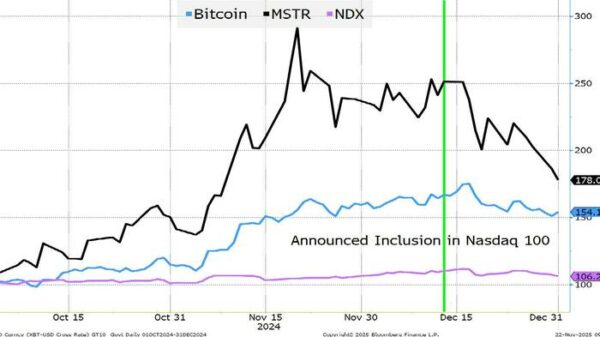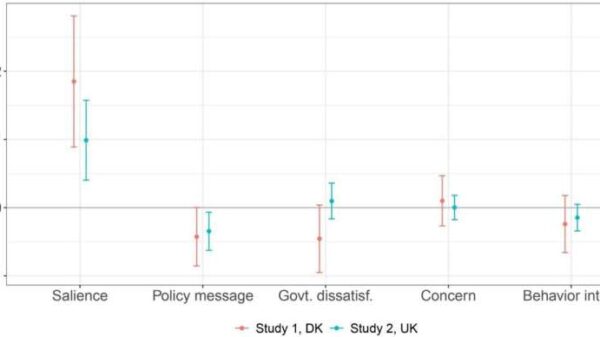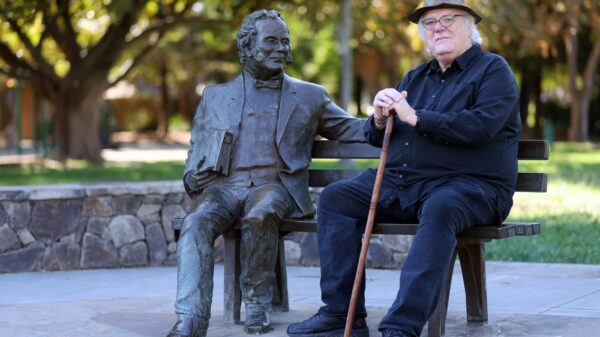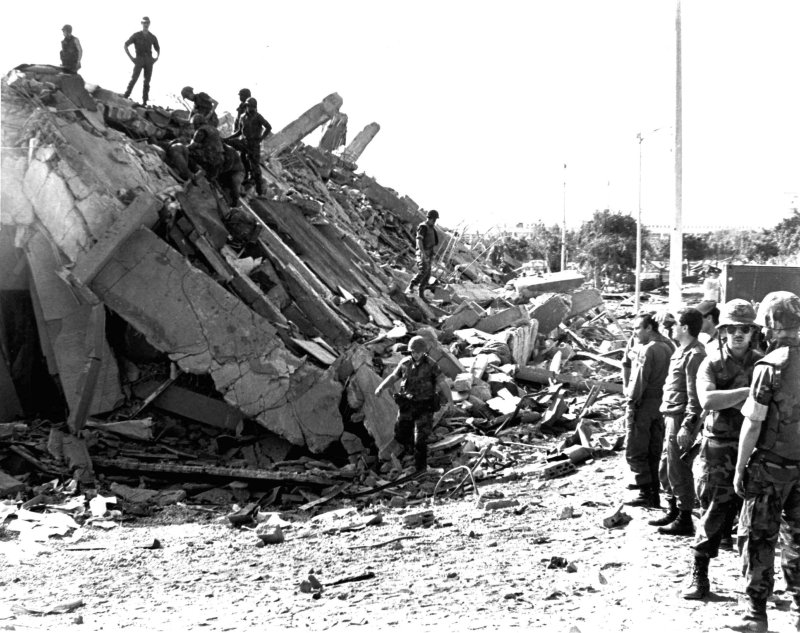UPDATE: On this day, August 25, 1982, U.S. President Ronald Reagan ordered the deployment of Marines to Beirut, marking a significant escalation in the ongoing Lebanese Civil War. This urgent move aimed to stabilize the region amid rising violence and chaos, as the international community grappled with the deepening crisis.
The Marines were part of a multinational force deployed to promote peace and security in Lebanon. They remained on the ground until March 1984, during a tumultuous period that saw more than 260 U.S. service members lose their lives, many during a devastating barracks bombing in 1983. This tragic event underscored the perilous situation facing American troops abroad and the complexities of foreign intervention.
Reflecting on this day in history, significant events also include the founding of New Orleans in 1718 and the liberation of Paris from German occupation in 1944 by Allied forces, heralded by the first foreign correspondent on the scene, reporter James McGlincy, who noted the heartfelt reception from Parisians: “
Lord, how they kissed us!
”
In the decades that followed, the world witnessed other pivotal moments. In 1985, young activist Samantha Smith, who famously wrote to Soviet leader Yuri Andropov about her fears of nuclear war, tragically died in a plane crash. Her story remains a poignant reminder of the human cost of conflict and the quest for peace.
Fast forward to 2017, when Hurricane Harvey struck San Jose Island, Texas, as a Category 4 storm, resulting in over 100 fatalities and catastrophic damages estimated at $125 billion. This disaster highlighted the urgent need for disaster preparedness and resilience in the face of climate change.
Today, as we reflect on these historical events, the legacy of military intervention and the impact of natural disasters continue to shape global discourse. The U.S. military’s role in Lebanon remains a topic of debate, emphasizing the long-lasting effects of foreign involvement in local conflicts.
As we commemorate these developments, it’s crucial to remember the human stories behind the headlines. Each event is a stark reminder of the sacrifices made and the ongoing struggles faced by individuals around the globe.
Stay tuned for further updates as we continue to monitor the implications of these historical events on current affairs.




































































